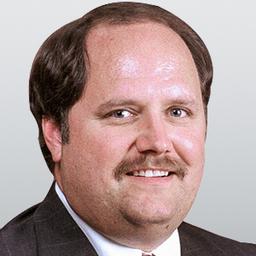The Mueller report is in. According to Attorney General William Barr, it clears the president and his team of any charges of collusion with the Russians.
The report left open the issue of obstruction, but that is a hard case to make without an underlying crime (such as collusion). Reviewing the evidence, Barr concluded that it was insufficient for him to proceed with a prosecution for obstruction.





